The Legislature is in session, and there’s advocacy work to be done!
Last year, the arts saw a $1.5 million increase in recurring funds (moving per capita grant funding to $0.97), and $2 million in one-time funding for COVID relief grants. While this funding helped the industry stabilize in the wake of COVID-19, the fact remains that current grant funds still do not meet demand, and arts groups are still feeling lingering effects of COVID-19 due to recent case surges, public sentiment around large gatherings, and quarantine protocols.
For FY2023, the SC Arts Alliance is supportive of three budgetary items, and here’s a quick rundown of each of them:
$5 Million for the Arts
Type: Recurring
Funding Source: General Fund
A $5 million increase in recurring funds for the arts will help alleviate backlogs in grant requests. Simply put, grant requests outpace available funds, especially in the wake of COVID-19, including those being made in more rural communities. Paired with the fact that arts funding is only now reaching pre-2008 levels, without factoring in inflation. An increase of $5 million will address these issues, plus allow even greater access to support across the state.
$500,000 for Rural Pilots
Type: One-Time
Funding Source: General Fund
For about five years now, the SC Arts Commission has been working in the most rural parts of our state to help communities leverage the arts as a tool for community and economic development. With marked success, the agency is looking to expand upon this work and think broadly about how to implement some of its learned best practices.
$100 Million for Nonprofits
Type: One-Time
Funding Source: American Rescue Plan Act (ARPA) – State Allocation
Led by our friends at Together SC, our state’s nonprofit association, the SCAA supports the request to create a $100 million nonprofit grant program, run by the Department of Commerce, from the state’s ARPA allocation ($2.5 billion). These grants would provide funding to nonprofits across the state to help move South Carolina forward while addressing community needs that have been exacerbated by COVID-19.



